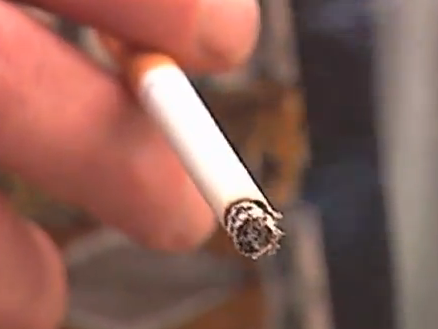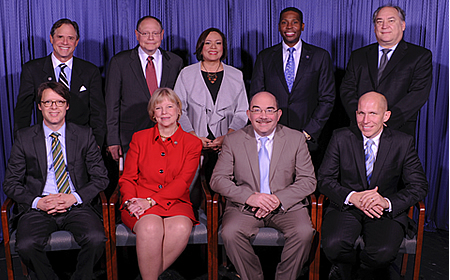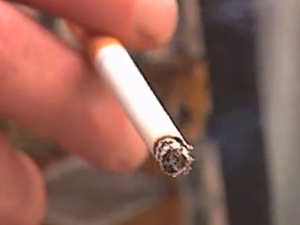
County Council Approves Increased Penalties for Selling Tobacco Products to Minors
 The Montgomery County Council today unanimously enacted Bill 41-15 that will increase penalties for selling tobacco to minors.
The Montgomery County Council today unanimously enacted Bill 41-15 that will increase penalties for selling tobacco to minors.
The Council, sitting as the County’s Board of Health, also introduced a resolution today that, if approved, would make the legislation apply in the municipalities of Montgomery County. A public hearing on that resolution is scheduled for 1:30 p.m. on Jan. 12.
Bill 41-15 will increase the maximum civil fine for distributing a tobacco product to a minor to $1,000 for a first offense and $1,000 for a subsequent offense. The current maximum penalty is a Class A civil violation, punishable by a fine of $500 for a first offense and $750 for a subsequent offense.
“The dangers of tobacco have long-been proven, yet, we still have many people smoking,” said Councilmember Craig Rice, who was the lead sponsor of the bill. “One of the strongest efforts we can make to break this chain is to stop young people from smoking and one of the ways to make that happen is to more strongly discourage merchants from selling tobacco products to minors. This bill should provide a great incentive for merchants to check the age of people who attempt to buy cigarettes.”
Distributing a tobacco product to a minor already violates Montgomery County law. The current maximum penalty is a Class A civil violation, punishable by a fine of $500 for a first offense and $750 for a subsequent offense. Maryland law authorizes the County to enforce a law by a civil fine not exceeding $1,000. Bill 41-15 would increase the maximum civil fine for distributing a tobacco product to a minor to $1,000 for a first offense and $1,000 for a subsequent offense.
 Distributing a tobacco product to a minor is also a misdemeanor under Maryland criminal law, punishable by a fine of $300 for a first offense, $1,000 for a second offense and $3,000 for each subsequent offense within two years after the preceding offense. An enforcement official would have the option of citing a violator under the State Criminal Law or under the Montgomery County law.
Distributing a tobacco product to a minor is also a misdemeanor under Maryland criminal law, punishable by a fine of $300 for a first offense, $1,000 for a second offense and $3,000 for each subsequent offense within two years after the preceding offense. An enforcement official would have the option of citing a violator under the State Criminal Law or under the Montgomery County law.

Engage us on Facebook
Follow us on Twitter
Tweets by @mymcmedia